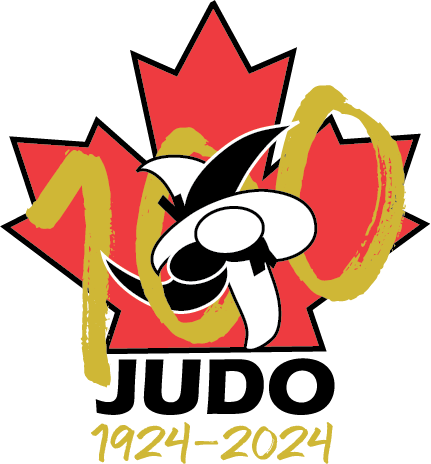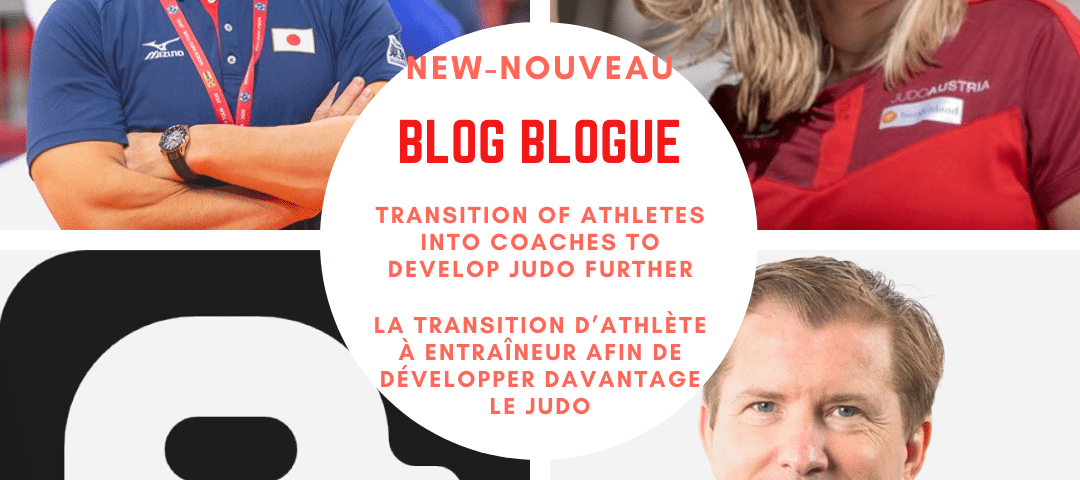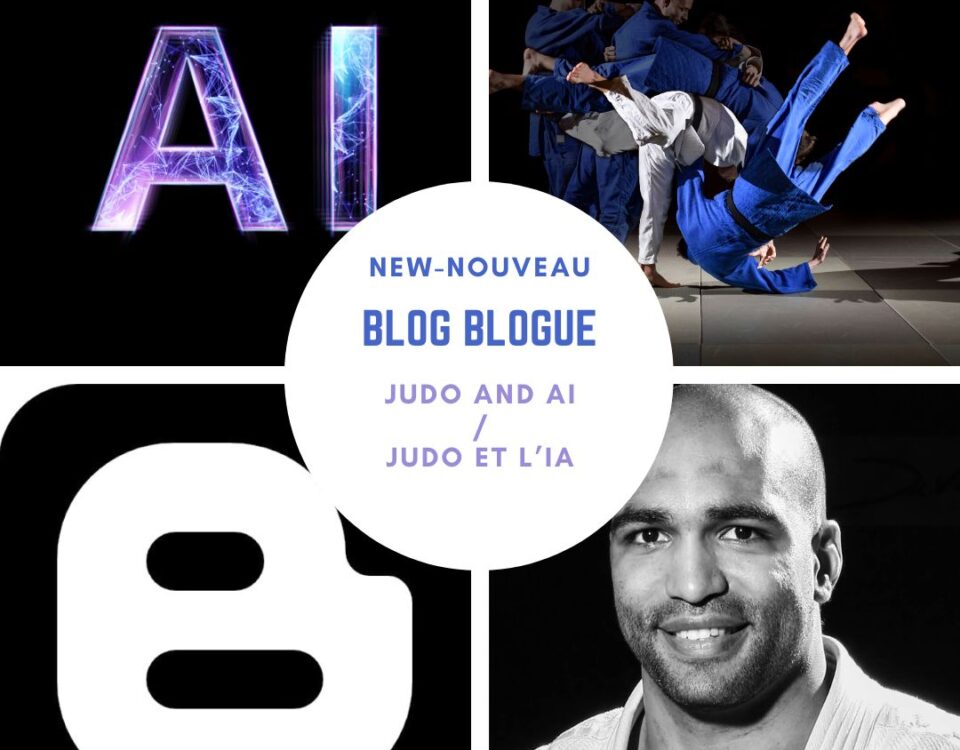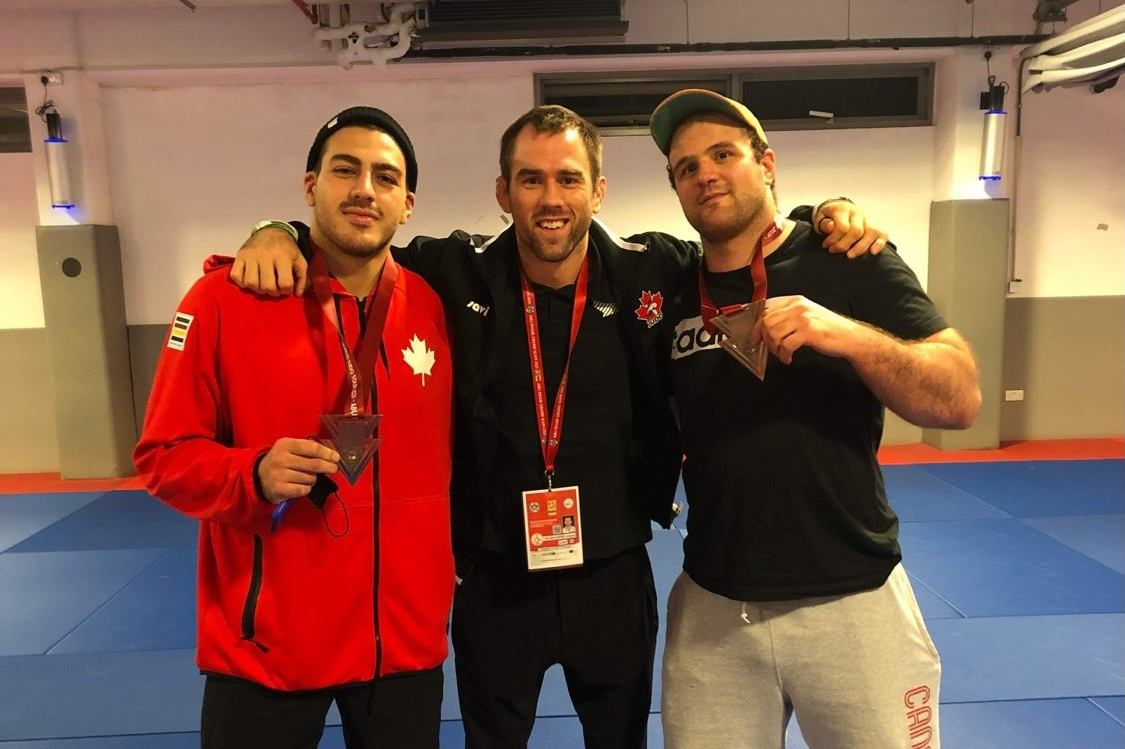
A Natural Choice for Judo Canada
2 December 2021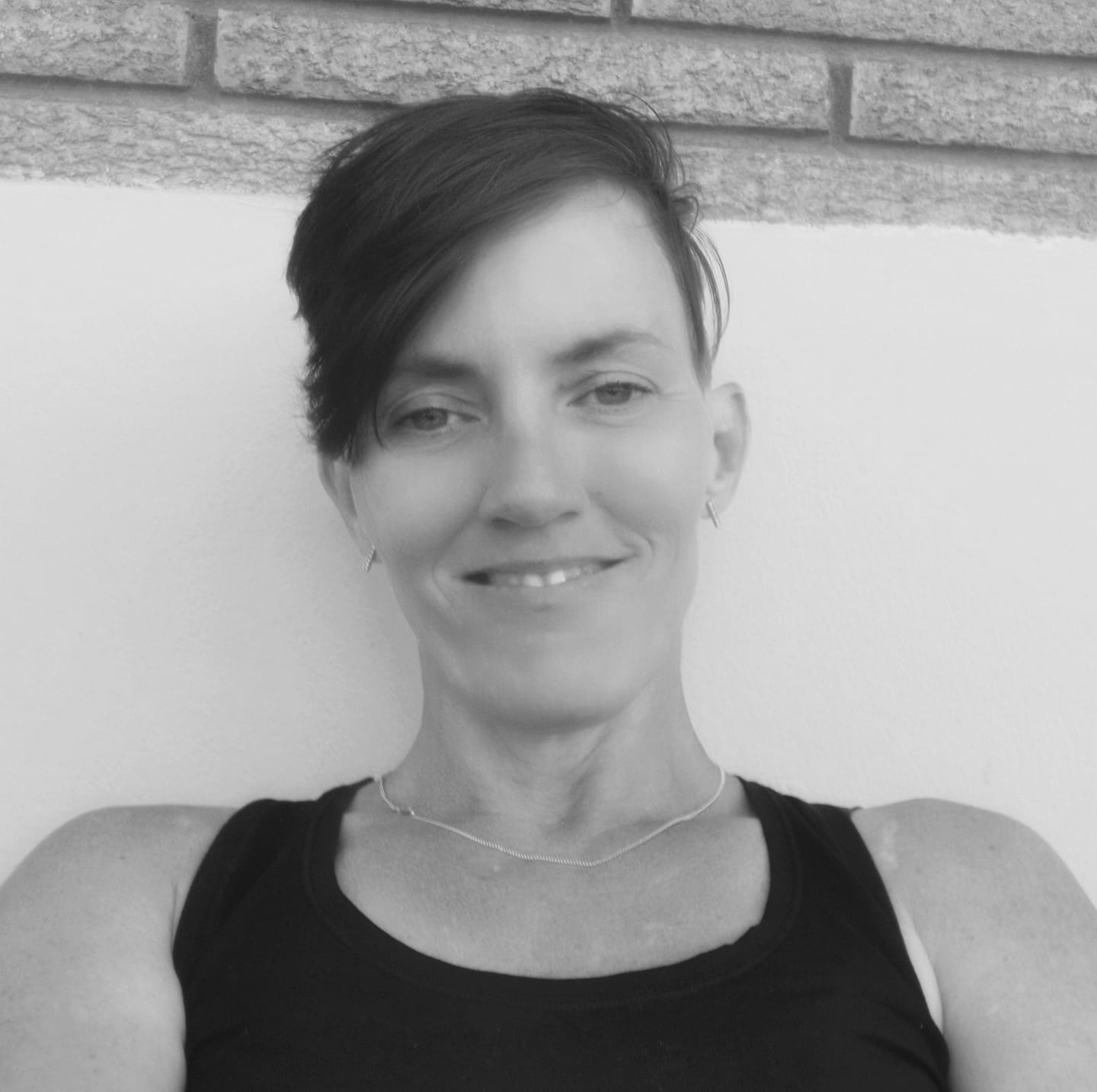
Kimberly Ribble, from Daniel LaRusso to Mr. Miyagi
10 December 2021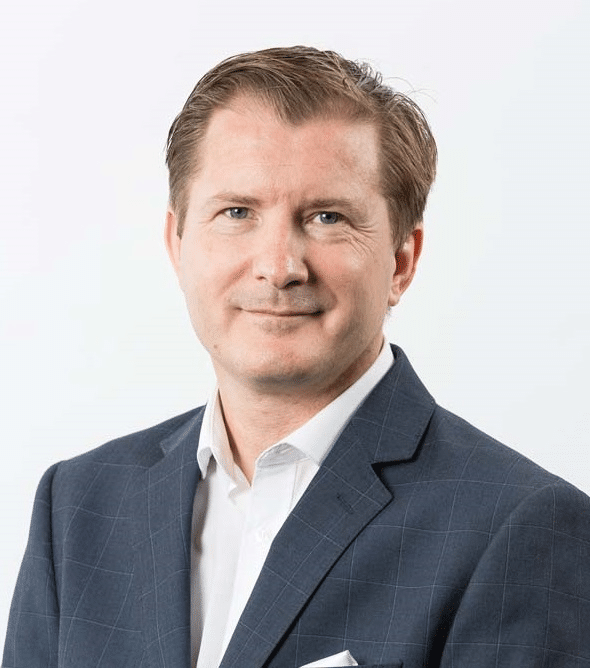
Hans Van Essen is the editor in chief and creative content provider for Judo Inside. As journalist Van Essen visited a countless number of events. The black belt judoka was leading the international press conferences at the Sydney and Athens Olympic Games and various World- and European Championships as well press manager at World Championships.
It looks like the age of coaches is getting younger and younger. Compared to the past, most coaches seemed to be older, not per definition wiser, not even more theoretical. Perhaps that may be your impression as well, certainly with the current generation of young coaches who had a dominant role as an athlete in world judo. With the fast transition of Antoine Valois-Fortier, another world medallist welcomed into the World Tour, bringing in essential experience.
It seems that the world is getting a bit less informal. A coach used to be clearly and formally above the athletes. The chain of command hasn’t changed, but a coach takes a role in between its athletes. Think like the athletes but with the helicopter view of his experience with a clear view, fresh solutions and understanding the need of each athlete. In fact, more and more athletes get a tailored solution for their skills. It’s a development that is similar to other sports. A coach, a trainer, a mental coach, physiological coach, nutritionist and whatever an athlete needs. Mental health is an important factor when it comes to pure top sports. The inside and outside pressure, certainly in an Olympic year or qualification year is huge. It depends per athlete how you deal with it. Also this kind of pressure, a top athlete turning into a coach, will understand from its students.
It’s simple, when people know you performed at top level, they will automatically have the respect as this is what they want to achieve. Although judoka are respectful in general compared to peer sports, they still need the best advises and solution how to get further in his age division, weight, or approach to his next opponent. In a world where information, data and video analysis becomes a key asset, a coach also changes its work, perhaps the coach will even leave certain fields of expertise to others such as a video analyst. Certainly, he will know in what detail of the video he will focus, this is the power of the coach, to use and enhance modern techniques and show where to make the difference in a match.
Natural talents
It is not a surprise that young coaches such as Ilias Iliadis, Yvonne Boenisch, Sugoi Uriarte, Tomoko Fukumi, are so successful. In fact, Antoine is likely the youngest with his 31 years and already showed his face in the World Tour this year. We saw him coming, pointing at those details that an athlete needs. He’s done it before and is super committed and into their talent group.
It is also a great development that the more theoretical coaches who may not have reached the ultimate world level are still able to bring young athletes to the top such as Shani Hershko and Driton Kuka as an example.
The transition from an athlete to a coach isn’t new. For some it’s their destiny, some just need to swim. We would almost forget that some countries were trendsetters to push forward its top athletes in a coach role. The Japanese had one of its most successful coaches ever in Kosei Inoue, who is now followed up by Keiji Suzuki, both Olympic Champions with a natural gifted talent to bring an athlete further with an eye for detail no many can match.
The forties generation
The French have always had top coaches acting at top level as an athlete. Larbi Benboudaoud is a successful coach for years, but he also had to swim in the beginning. Now 47 he is among the older generation, while this in his forties. Especially that generation, now being over 40 are extremely successful but had to learn it from scratch. Lucie Decosse (40), Ayumi Tanimoto (40), Ana Hormigo (40), Yvonne Boenisch (40), Francesco Bruyere (41) are all great coaches and already common faces for years in the IJF World Tour.
Not every former athlete can succeed as a coach, it’s definitely a quality to teach and bring all available layers of information together. More and more chosen and drilled with the new technologies to embark new successes in the next Olympic cycle. Olympic Champions like Masae Ueno, Decosse, Iliadis, Suzuki, Boenisch are rare and hard to get, almost a guarantee for success. Remarkable that the IJF took a number of those ‘opportunities’ in its own staff: Quellmalz, Jeon, Maddaloni and as ambassadors or promoters: Huizinga, Uemura, Yamashita… all Olympic Champions. A dream staff with one thing in common, to develop judo.
Create winners
I am convinced that the new generation will be successful as well to bring that motivation, eye for detail and gut feeling to the mat. Judo needs to be more competitive whereas other sports have an attractive X-factor for TV, sports fans or simplicity. Judo is struggling to keep it simple in a sport that requires so much detail and is so well developed. Simplicity and creativity are key in refereeing and marketing of our sport to explain what judo is all about. Communication of an athlete on the mat: show you want to win, show you deserved to win, show you have the skills to win shouldn’t snow under to show your respect to your opponent. I missed that connection last Olympic Games where not all athletes showed an unconditional non-verbal communication to the referee to convince everyone of a deserved win. I foresee that more and more former athletes are going to referee the contests. Let’s create exciting winners together!
Ebinuma, An, Conway, Pareto, Alvear, Kelmendi, Ungvari, Gerbi and many others, the doors are open.



